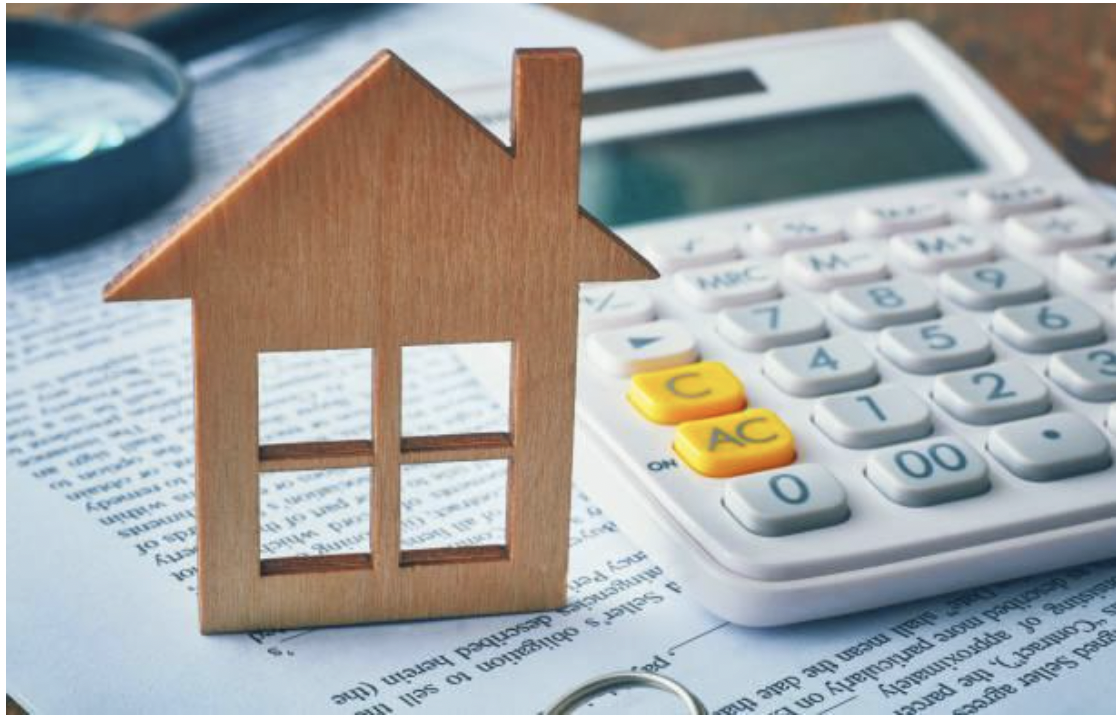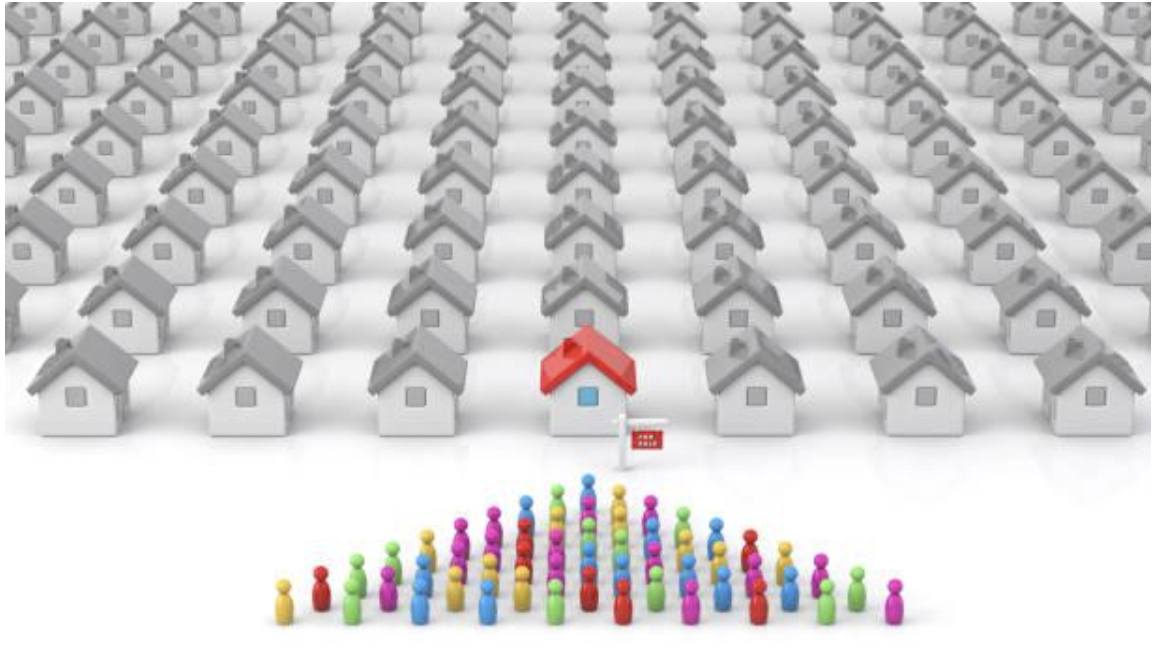
Plan your finances more effectively when you understand how landlords determine new rental rates. Despite rental pricing regulations, property owners have some wiggle room before increasing their rental prices, which can catch you off guard when you’re not prepared. Remember, your landlord doesn’t have to upgrade to an apartment with an ocean view, and there are subtle factors that can influence their decision. Continue reading below to know signs of an impending increase, you can create a financial windfall in your next budget so you don’t wind up on the streets.
Avoid straining your budget to cover a sudden rental increase by knowing what signs appear before a notification of rent change. It’s no surprise that rent takes up a huge chunk of the average person’s paycheck, and even a 5% increase could reduce your disposable income and savings. As a result, understanding the factors that influence rental rates can help you budget more accurately and preemptively prepare for an increase.
Plan your living situations instead of hopping from one neighborhood to another whenever your landlord increases rent. Aside from the sheer stress of having to pack up and relocate to a new house every couple of years, constantly moving can be expensive and cost you more in the long run. To ensure long-term stability, consider the neighborhood you’re moving into, and how quickly it’s growing, and talk to other tenants about pricing trends.
Watch real estate market trends to determine if properties in your neighborhood are in high demand or not. One of the major factors landlords consider when charging rent is how many tenants are eager to take up that space. Thus, the more people that are available to choose from, the more likely they are to hike the price. On the other hand, if there’s surplus housing with lower vacancy rates, they’re more likely to keep their prices lower to attract tenants.
Consider your local economy to determine if there are factors that are likely to drive rent prices higher. For instance, if a new mall or a huge factory recently opened near your area, these businesses could create more employment and new attractions for people to visit. Most landlords want to maximize their investment by increasing rental rates, and when the local economy is booming it’s a perfect excuse to justify a hike. After all, with more people visiting the area for work or pleasure, there are bound to be more prospective tenants pushing the demand for the area upwards.

Analyze your neighborhood to see if your property owner has significant competition. If the economy starts booming in an area, not every landlord would be quick to hike their prices, especially if there are similar properties in the area charging lower. At the end of the day, instead of filling up their vacancies, the property owner would just end up chasing potential income into the arms of the competition. Thus, if your neighborhood has lower vacancy rates, your landlord is likely to keep their prices reasonable to stay competitive.
Talk with a Northern Virginia rental property manager if you have questions regarding your rental increase. If you’re unsure why your rent is going up or feel it's too high, always reach out to your property manager or landlord. While it may not always be ideal, sometimes they can share some valuable insights into why a price change is necessary to ensure they can keep up with the property’s maintenance.
Explore alternatives that benefit both parties by communicating your rental concerns. After highlighting your discomfort with a rental increase, feel free to negotiate the new payment plan and see if your landlord is willing to make some compromises. It’s much cheaper for property owners to retain existing tenants, so if you have a good track record, they’ll feel more inclined to adjust the lease terms and find a mutually beneficial solution.
Ensure you’re mentally and financially ready for a potential rent increase by knowing how landlords determine their new rates. As a result, it’s essential to pay attention to real estate market trends. If rentals in your neighborhood grow in demand, your landlord is more likely to want to charge higher. On the other hand, when competition is stiff and vacancy rates are also high, they’re more likely to keep you happy with stable rates.
However, the general economy can still influence what they charge in the new year. Discuss any rent concerns you may have with your landlord, you’ll be surprised how willing they are to negotiate and find an amicable solution to help long-time and high-quality tenants.